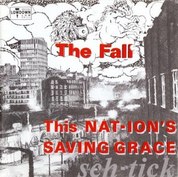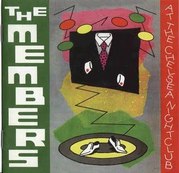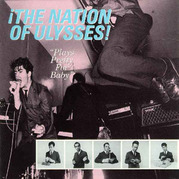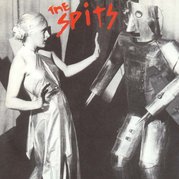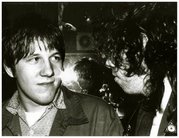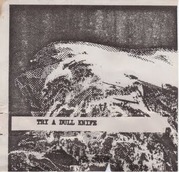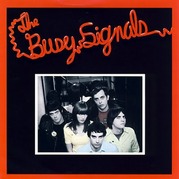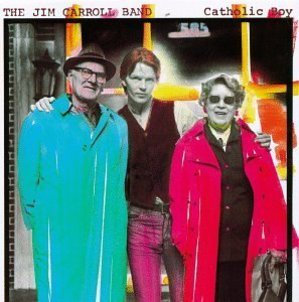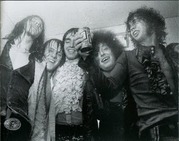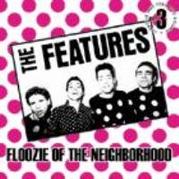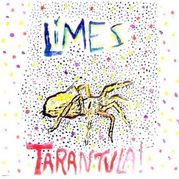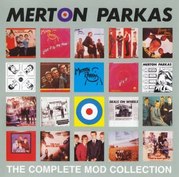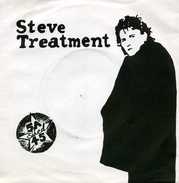September 2009
The Saints - Live '78 (Part 01)
The Fall in 1985
The Members: Punk, Pop and JA
The Nation of Ulysses: PunkhardcoreJazzWeird
A Recollection: Seattle, Wa circa October 2007
Brit Punk: Pistols and Beyond
The Sex Pistols
These jokers were as much media construction as genuine article. That doesn’t mean that the music wasn’t good, though. Glen Matlock and Steve Jones (who wound up starting a band called the Professionals that might be musically stronger than the Pistols) are really an underrated duo, the latter possessing the guitar talents that many in the early punk scene did not. Regardless of who was good at what – and Sid was good at nothing – this band was able to release just one proper full length before the wheels fell off. It’s a classic. You’ve probably heard it roughly 10,000 times.
Smashed in the Face: A HxCx Primer
Bad Brains
Unquestionably the most musically gifted hardcore group that ever stalked stages and able to move between reggae, dub and back to its DC styled thrash, concise HC made Bad Brains an interesting confluence of ideology, politics and style. Yeah, they broke up only to return with a disc on Madonna’s label that sucked, but given its previous work, we’ll forgive ‘em.
Try A Dull Knife: Xenia, Oh
Reddy Teddy: A (Meh) Boston Band
The Busy Signals: More Than I Expected...
Demob - No Room for You (VIDEO)
RIP: Jim Carroll
Again, perhaps not a punker, but Jim Carroll was on the scene and certainly did his fair share of smack.
The Velvet Underground - Live, 1965 (VIDEO)
Proto Punk: Dawning of a New Era
'90s Punk Classics
Considering that a great deal of that ‘80s punk stuff was made up of anti-government polemics aimed at Reagan and his cohort, the ‘90s and its perceived affluence would then seem a bizarre time for the genre to continue. It did – and with a blustery force not found in newer punkers all that frequently. What follows shouldn’t be understood as the best of the best – it might be – but instead as a clutch of discs that were able to me through that decade.
